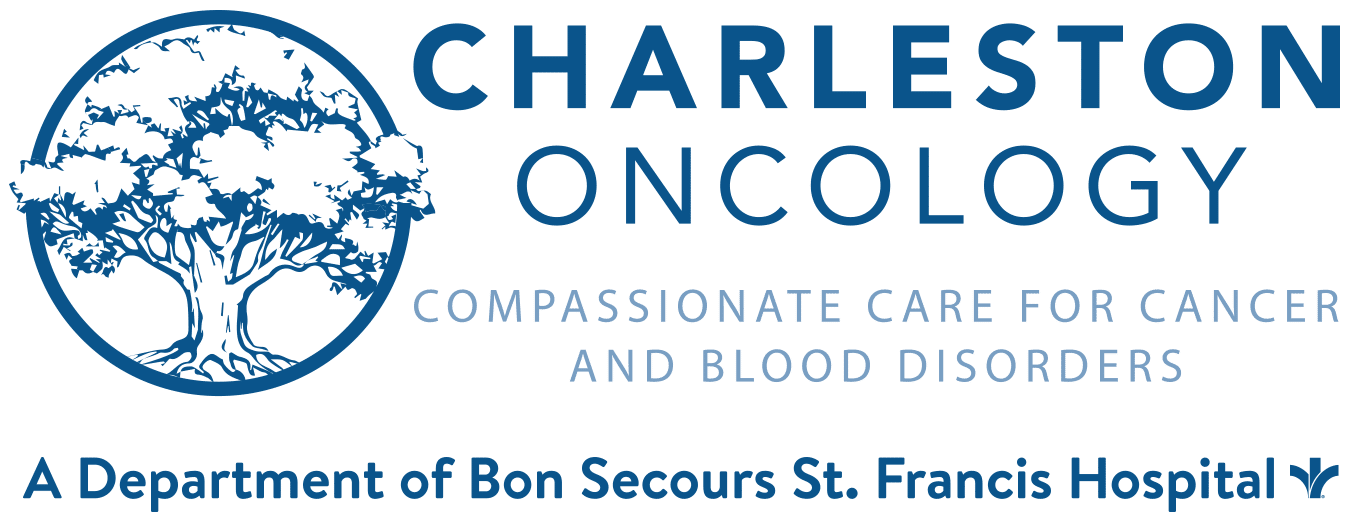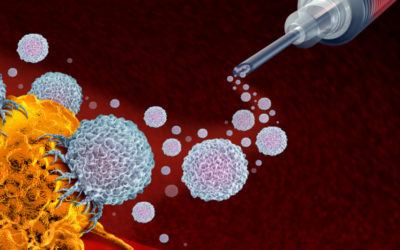Bone Cancers
As the name implies, bone cancer affects the bones in your body, but it’s a relatively rare form of cancer, accounting for less than 1% of all cancer diagnoses. If you’re among this small number, you want to get the best treatment available, which the team at Charleston Oncology provides. Through innovative clinical trials and targeted therapies, the doctors offer comprehensive diagnosis and treatment to patients.

Bone Cancers Q & A
What are the main types of bone cancer?
Bone cancer can strike any bone in your body, but it most commonly develops in your larger bones, including your:
- Pelvis
- Arms
- Legs
- Ankles
Bone cancers can be benign, resulting in a tumor in your bone that doesn’t spread, or malignant, which has the potential to spread. These malignant cancers include:
Osteosarcoma
The most common form of bone cancer, osteosarcoma starts in your bone cells and often strikes children and young adults, as well as older adults in their 60s and 70s.
Chondrosarcoma
This type of bone cancer affects the cells in your cartilage. Often, the tumors that develop in your cartilage are benign, but chondrosarcoma is a malignant tumor that needs to be treated.
Ewing sarcoma
This form of bone cancer most often affects people under the age of 20 and typically develops in your pelvis, chest, or the long bones of your arms and legs.
How are bone cancers diagnosed?
How are bone cancers treated?
- Chemotherapy
- Immunotherapy
- Radiation therapy
- Clinical trials
- Surgery
Send UsA Message
Early-Stage Breast Cancer Characteristics and Treatment Options
Early-Stage Breast Cancer Characteristics and Treatment OptionsA rise in early-stage breast cancer diagnosis may result from better screening technology and a raised awareness of the importance of annual mammograms. An early-stage breast cancer diagnosis is contained...
Game Changing Neoadjuvant Lung Trial Enrolls the Most People in the World
Charleston Oncology’s Clinical Trials most recent non–small cell lung cancer trial enrolled the most people in the world. Gene Saylors, MD, oncologist and hematologist at Charleston Oncology, will present the positive findings at the American Association for Cancer Research 2022 Annual Meeting. “When administering a new trial, we are always cautiously optimistic,” says Dr. Gene Saylors. “The positive results of this Neoadjuvant Lung Trial resulted in rapid FDA approval due to its impressive outcomes.”
Lowcountry doctors, patients helped secure ‘game-changer’ cancer treatment approval
Clinical trials for a newly-approved cancer treatment for lung cancer in the Lowcountry helped get the drug ready for people around the world, Lowcountry medical officials say.
Lowcountry Breast Cancer Survivors On Finding The Right Oncology Practice
How should one go about finding the right oncology practice? We interviewed ten Lowcountry breast cancer patients to get their perspectives and advice.
Sarcoma and Bone Cancer Awareness
July is Sarcoma and Bone Cancer Awareness Month. Sarcomas are a rare group of cancers in which malignant cells form in the bones or soft tissues of the body.
May is Skin Cancer Awareness Month
Melanoma is a type of skin cancer that develops when melanocytes start to grow out of control. Watch a video to learn more about melanoma from Dr. Charles S. Holladay.





